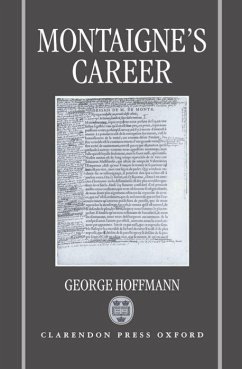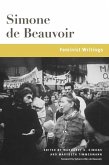In Montaigne's age hardly anyone made a living through writing. This book examines the practical world in which he and his peers wrote in order to suggest that works like the Essays, for all the status they enjoy today as classics, neither originated in detached pursuits nor flourished as self-contained activities. From where did his wealth come? How did he spend his days at home on the family estate? How did he publish his book? Following Montaigne from his wine presses to the printing press reveals that he may have expended much more time and effort managing his family's property than has been thought, that publishing demanded he perform professional tasks such as financing, proofreading, and revising for his publisher, and finally that rather than an alternative to a political career, writing may have played an integral role in his political ambitions.
Following Montaigne through his various roles as manager, magistrate, diplomat, and mayor, this book examines the sources of income available to sixteenth-century writers, the various demands on their time, and their involvement in the financial and editorial aspects of publishing itself, to illustrate the interdependent relationship between writing and politics in the sixteenth century.
Hinweis: Dieser Artikel kann nur an eine deutsche Lieferadresse ausgeliefert werden.
Following Montaigne through his various roles as manager, magistrate, diplomat, and mayor, this book examines the sources of income available to sixteenth-century writers, the various demands on their time, and their involvement in the financial and editorial aspects of publishing itself, to illustrate the interdependent relationship between writing and politics in the sixteenth century.
Hinweis: Dieser Artikel kann nur an eine deutsche Lieferadresse ausgeliefert werden.








